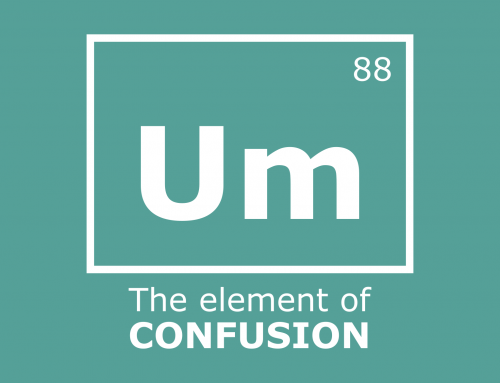Read the following tips for a successful EB-1A Extraordinary Ability case before you start the process. Oftentimes researchers will come to our office with questions about the EB-1A category and whether the are eligible. Here are tips to their most commonly asked questions concerning the EB-1A Extraordinary Ability category:
1 Take the time to understand what it is exactly that you do. Immigration calls this your field. Identify the notable work that you have done and your accomplishments. Keep in mind that USCIS defines Extraordinary Ability as a level of expertise indicating that you are a small percentage who has risen to the very top of your field of endeavor. 2 Plan ahead on who will write your letters of support. Speak with your recommenders and have them agree that they will sign your letters before you start drafting letters for them. 3 Don’t pay for memberships in professional groups only for the purpose of your EB-1A application. 4 Awards from when you were a student most likely do not count. USCIS wants to see that your awards were given to you based on your expertise and your prominence in the field. 5 Doing peer review for your PI doesn’t mean that you have judged the work of others. The editor of the journal must ask you directly. 6 Make sure that you have at least one year of visa eligibility before you apply for an EB-1A. The reason being that should you need to travel while you are waiting for your green card approval, you will be able to do so. 7 Do not ask your peers to write letters on your behalf. USCIS prefers letters from independent experts: people who have not collaborated on projects with you. AS a rule of thumb, I count members of your thesis review panel as dependent and not independent experts based on the fact that thesis review panels can influence your work with their comments. 8 Make sure that you have filed US taxes if you are required and have copies of your last three tax statements available.





